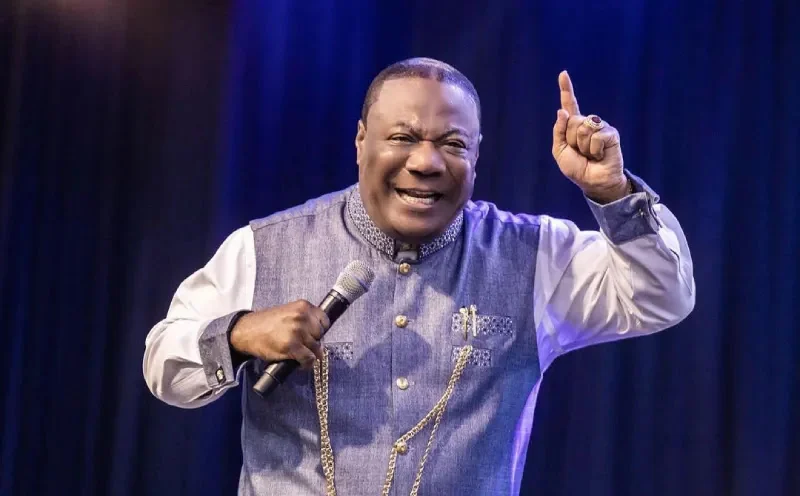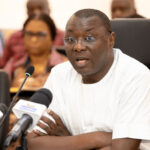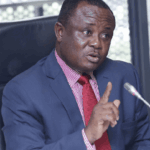Archbishop Nicholas Duncan-Williams, the Founder and General Overseer of Christian Action Faith Ministries Worldwide, has dismissed the notion that any government in Ghana can effect meaningful change within a four-year term, which he described as a “joke”.
According to him, genuine national development and transformation require a far more extensive timeframe, citing the examples of Dubai, China, and India, which have embarked on 100-year national development agendas that transcend political cycles.
Duncan-Williams emphasized that these countries’ long-term visions are constitutionally entrenched, compelling all stakeholders, including political parties, to adhere to a unified national agenda.
“India has a 100-year vision and they have 50 years to go. Just Dubai here, has a 100-year national vision. China has a 100-year national vision. Raising about 10,000 billionaires and 100,000 millionaires, it is a national agenda that all political parties, all stakeholders are compelled, and it is embedded in the constitution to follow that vision and direction,” he stated.
The Archbishop lamented the country’s four-year election cycle, which he believes has effectively become a three-year cycle due to the extensive campaigning that dominates the third year.
“To be honest, this government has about two years and seven months to go. Because the third year is for party elections and the main national election. We really don’t have time,” he said.
Duncan-Williams urged Ghanaians to adopt a binding national development agenda, constitutionally protected and supported by all political parties and stakeholders, to secure the future of the country’s children and grandchildren.
This call was made during a courtesy visit by the Minister of Local Government, Chieftaincy and Religious Affairs, Ibrahim Ahmed, to religious leaders in Accra, aimed at soliciting the Christian community’s support for the reintroduced National Sanitation Day initiative.
The Archbishop’s sentiments echo a growing concern among many Ghanaians about the country’s ability to achieve significant development within the constraints of its current political cycle.













